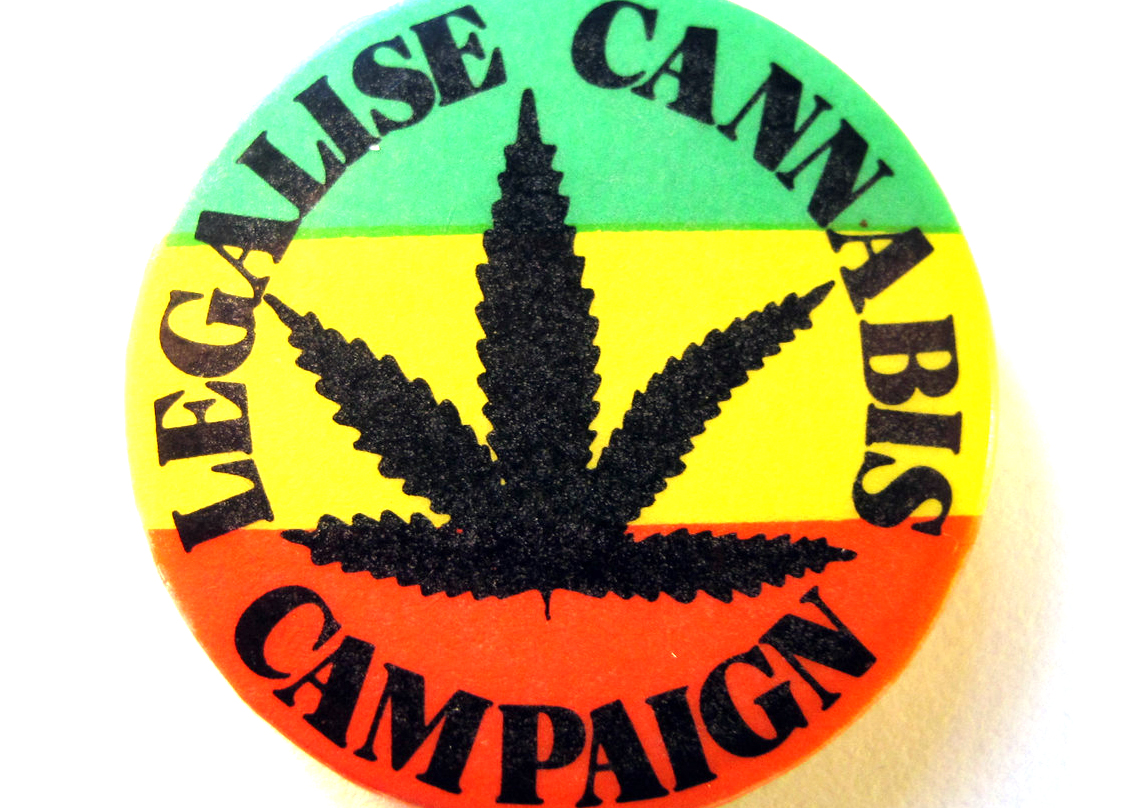Publication

Summary
Prohibition of marijuana was increasingly framed in neolliberal market terms after the 1970s. States within the U.S. began to administer, survey and track this market through enforcement, risk management and pricing. The War on Drugs in the 1980’s, for instance, intervened in the ‘marijuana economy’ by influencing relationships between market actors. A market of buyers and sellers were not simply deviants in an illegal economy, but attached to a pervasive market logic of buying and selling, supply and demand. Since the 2008 global recession, dominant punitive and neoliberal policies toward the marijuana market have been challenged. Reforms include decriminalization, easing of research restrictions, commerce allowed on tribal lands. In this progression, cannabis legalization becomes a moment within a long arc of marketization. The current ‘green rush’ has been molded by market ideology over the past 40-50 years, while the more radical social, economic and psychological perspectives have been tamed.
